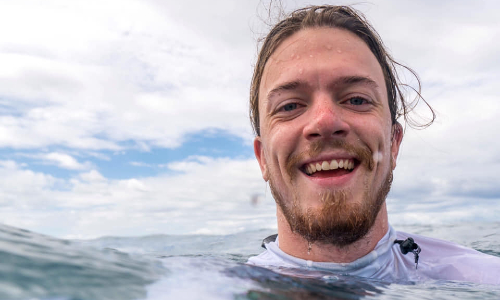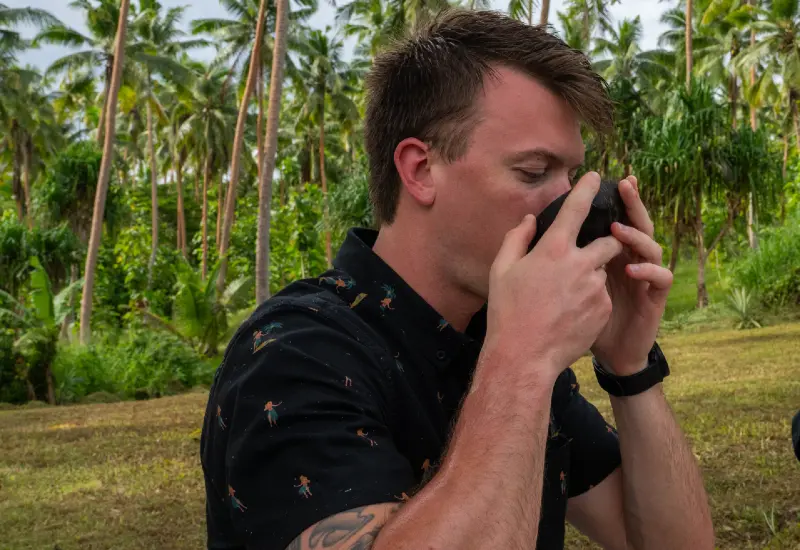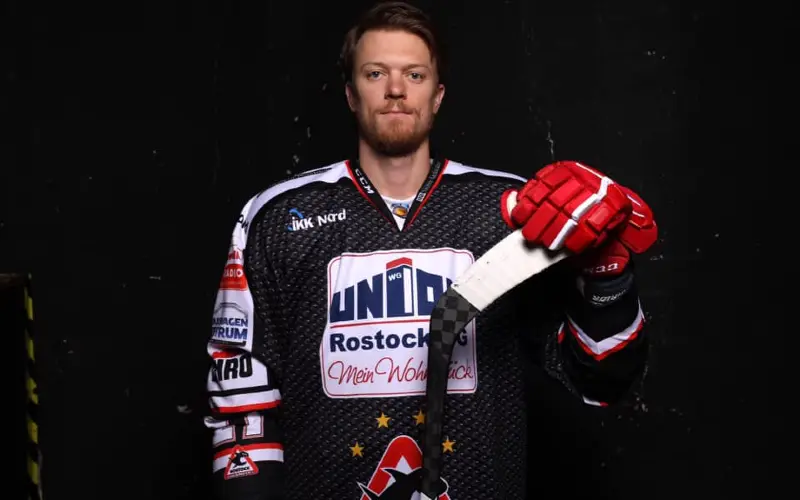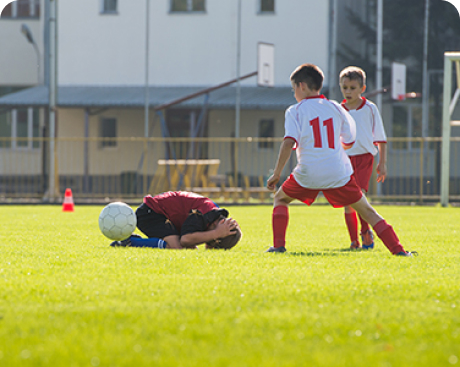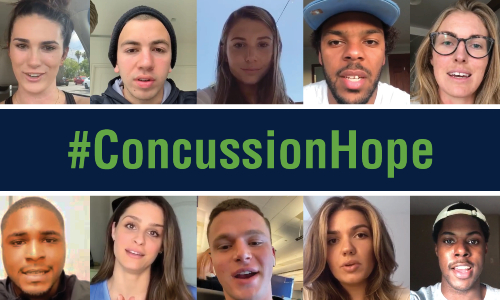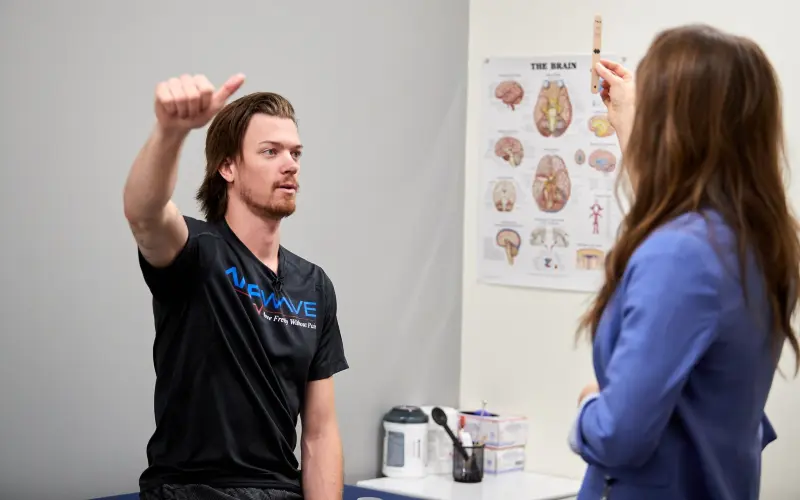
The First Dive
The first dive was transformative. As I descended into the warm waters of Mexico, the weight of gravity — and my struggles — lifted. I was enveloped by an overwhelming sense of peace; the only sounds were my breath and white noise of the depths of surrounding marine life. The anxiety and constant noise cluttering my mind began to fade, replaced by an all-consuming calm. It was a manifestation of being truly present in the moment, a practice often recommended for mental wellness but seldom achieved with such clarity.
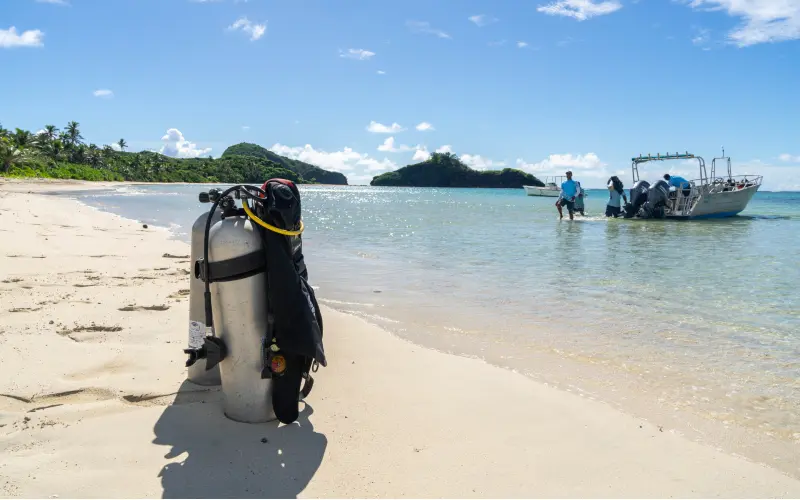
Fast forward several years and many dives later, I was in Fiji on the PADI press trip. Exploring the variety of vibrant coral ecosystems and marine life, I find stillness and tap into my flow state, a self-expression of full release. In that moment I am “in it” and focused, yet distant and relaxed. My mind draws away from the pressures that consume me: any pains, aches, worries, or troubles. My existence transforms to connection — connection through breath and weightlessness, gratitude and love.
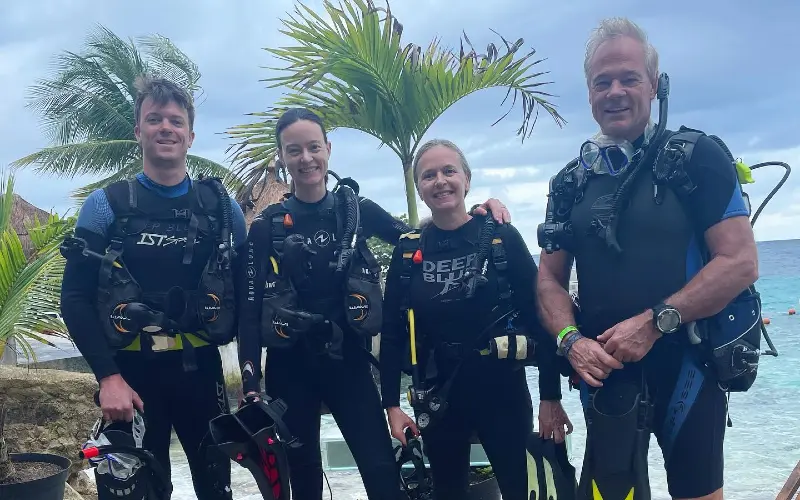
Diving and Mental Health
Mindfulness and meditation can be greatly helpful during concussion recovery and enhance mental health, especially for those recovering from psychological trauma or even a variety of neurological conditions. The rhythmic breathing that naturally derives from diving mimics meditative breathing techniques, which help in reducing anxiety and improving emotional stability. Each dive deepens my connection to the present, a much-needed and welcomed escape from the usual rush of symptoms and thoughts.
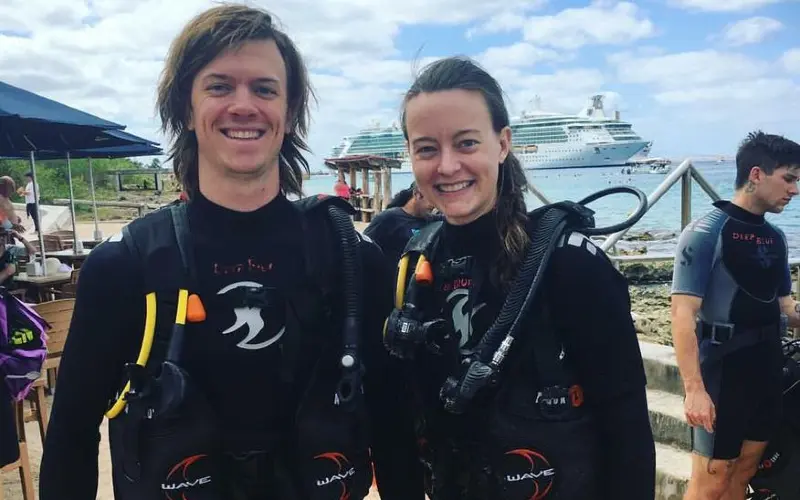
Personal Transformation
Throughout my time in Fiji, each dive seemed to peel away layers of mental strain. When changing my buoyancy in the water, I drew parallels to the physical representation of mental and emotional release, allowing me to explore depths of both the ocean and my consciousness naturally. I would not realize the physical and mental processes taking place until after the dives. The vivid colors of coral and the playful curiosity of fish always bring an atmospheric wonder difficult to find anywhere else — a sensation I find replicated in different ways when reliving moments of my life in my flow state. Diving always gives me a meaningful and gentle reminder that despite my injuries and limitations, the capacity for awe, joy, inspiration, and appreciation remained unimpaired.
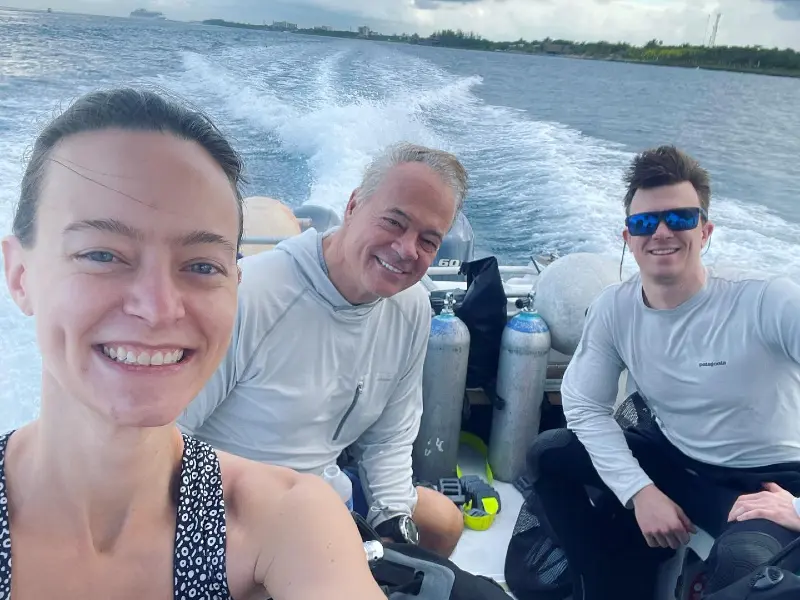
Reaching into Your Depths
The art of diving is, at its core, a practice in mindfulness, which has proven to greatly aid in my mental and even physical health recovery. The focused, controlled breathing, the profound silence and stillness under the water, and the removal of everyday sensory overload contributes to a therapeutic composure hard to find elsewhere.
This realization has reinforced my perspective on alternative therapies as a means of relief and aid for others in their journey with TBI. It has also developed my passion and appreciation for diving, which I plan to pursue further. It’s a testament to the unexpected pathways or tools, as I call them, to healing, which exist in our simplest connections — with others, water, nature, faith, spirituality, and even within the quiet depths of ourselves.
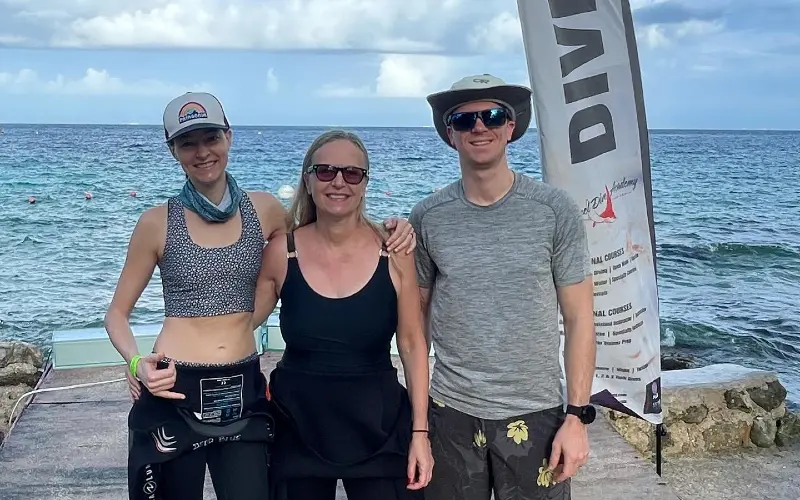
Make the Dive!
For anyone grappling with mental health issues or recovering from physical injuries, consider exploring the world of diving. The combination of physical activity, mental focus, and the serene environment may offer a new dimension of therapy and joy. If you’re looking to embark on this journey, PADI caters to all levels, life situations, and circumstances, guiding you safely into the calming waters of our Earth.
Diving in Fiji wasn’t just about the adventure and the destination. It was a profound journey to wellness, a testament to the power of our vast oceans. Whether above or below the surface, it seems there is a world of healing waiting to be discovered.
Read more about Tyler’s journey in this interview with KARE 11 Minneapolis.
